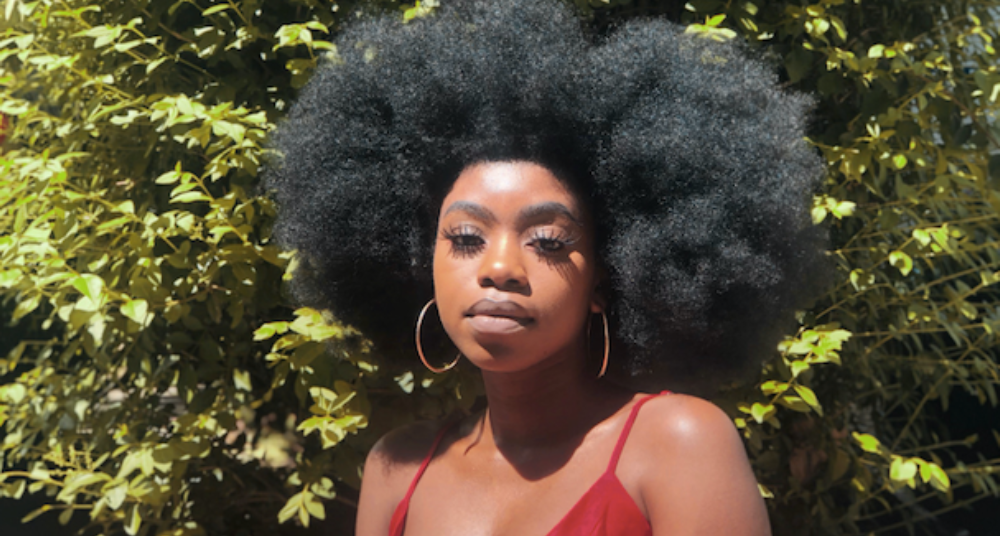Black History Month is an incredibly important time of year for me, mainly because I am a Black Woman. But not only that, I use it as a time to share experiences, create opportunity and amplify Black voices as much as I can through culture and community. While in the UK, October honours the achievements and contributions made by Black artists, Black history is something that happens every single day.
I started in the music industry ten years ago, producing music events which served as a platform for underground Black music for people of my demographic. The reason I started this was intentional, it was and is still my dream to facilitate a valuable space for Black musicians to have a seat at the table. When I was beginning my journey in the music industry, I’d always thought of myself as an open book, an honest woman and a relatable source. But the truth is, as honest as I am and as open as my pages are, my chapters remained closed at times, and the reason for that was a lack of resources, attacks on the Black community and lack of culture. I was also aware that if I felt like this, I’m sure many other Black individuals trying to break the glass ceiling felt the same.
So, this leads me into why I am writing this piece. I’d like to highlight ways in which we can keep the Black culture and community within the music industry alive and why it is important to have ‘A Seat at the Table.’ With a string of influences at every corner you turn, it’s inevitable that we take away a little piece of everyone we interact with and that’s why creating meaningful relationships with likeminded people is imperative. The people we encounter on a day-to-day basis play an integral part on who we become and how we identify.
To me, Black culture in the music industry is everything from social culture, live music events, day parties, archives, forums and genres ranging from Jungle, Jazz, Rock, Grime, Drill, Blues, Soul and more! Music has played such a central role in the Black experience and uniting us together in the hardest of times. Every genre that has been born has come from Blackness and that’s why it’s so fundamental Black people are at the forefront, leading their communities, collecting their flowers and everything outside of that.
I sat down with Kym Thomas, artist marketing representative for Black Music at Fender, to get her insights on supporting Black culture and community in the music industry.
Alex: What does Black culture and community mean to you and what are some tangible ways we can keep that culture alive?
Kym: Black culture means, to me, having a sense of pride in everything your community has worked hard for, as well as being empowered by struggle. Rooted in the Black culture and community are the experience of some form of struggle and pain. However, simultaneously there has always been incredible beauty and innovation to embrace the culture. If we continue to create opportunities for more voices and seats at the table, for people from the Black community, then we’re already heading in the right direction of keeping the culture alive.
Alex: What are your thoughts on how representation has evolved since the last few years?
Kym: Since the last few years, representation has evolved incredibly well for Black people (especially women) in spaces where you least expect, and yet there is still more to be desired. We’re already setting a precedent for the next generation and allowing younger people to know that there are opportunities for them in every industry and role.
Alex: In regard to race, what can the music industry do to better facilitate effective conversation and understanding?
Kym: In my opinion, I think the music industry can enable effective conversation and understanding by way of being more proactive towards inclusion efforts. Also create positive change which comes from bespoke trainings and constant discussions that are informed by and interwoven within the music industry and presented consistently over time.
There are many important factors when it comes to uplifting Black culture and community in the music industry. Below, I have set out some tips for individuals looking to learn more.




